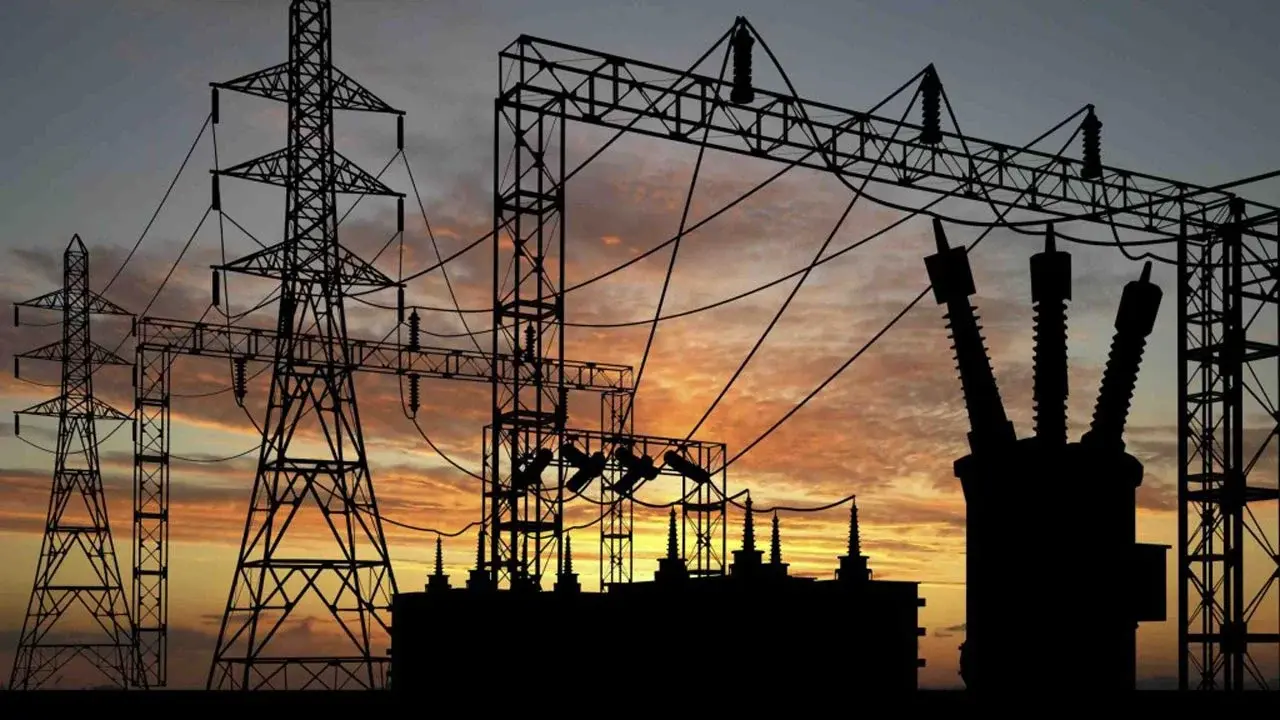Following the collapse of the Nigerian national electricity on Monday at 2:00am plunging the nation into darkness, Ogbodo Ozioma Favour who observed the effects on the consumers and the economic life of the country, due to the constant collapse of the national power grid, writes the collapse was one too many.
Collapses
From July, June to September 2023, the Nigerian Electricity Regulatory Commission (NERC) recorded two system collapses in its 2023/Q3 report.
According to Reuters report 2024, it was also recorded that the Nigeria grid has collapsed five times following the recent collapse on Monday.
This resonates with the frequency of the grid collapse
In March, the Minister of Power in Abuja Mr Adebayo Adelabu emphasized the increase of Megawatt from 40000 to 6000.
“4000 megawatts is not acceptable and we have plans to increase the megawatts to a minimum of 6000 to 6500 within the next three to six months” he said.
Electricity Production
According to data from International Trade Organizations (ITA). Nigeria generates most of its electricity through thermal and hydro with an installed capacity of 12,522 Megawatt (MW)
The Federal government has invested by boosting generation through hydrostatic power plants of varying sizes with total capacity of over 6,024 MW, including,Mambilla (3,050 MW), Zungeru (700 MW), Gurara (11,360 MW), Lokoja (750 MW), Makurdi (1,000 MW),Small hydropower (84 MW), Itisi (40 MW)
Kashimbila (40 MW).
Nigeria, a Fast Growing Population
With the rapid growth of the Nigeria population, it indicates that Nigeria will need substantial additional generation capacity to meet demands through 2030.
Causes of the Constant Grid Collapse

According to the Nigerian Electricity Regulatory Commission (NERC) Chairman, Sanusi Garba it is estimated that the Federal Government will spend 3.2 trillion as subsidy for electricity sector if recent tariff is to be reversed and emphasized that this will not guarantee steady light supply
“Prior to the recent review in tariffs, DISCOS were only obligated to pay 10 percent of their energy invoice. The lack of cash backing for subsidy is creating liquidity challenges in the sector.
“As a result of non-payment of subsidy, gas supply and power generation have continued to dip, the continuous decline of generation and system collapse are largely linked to liquidity challenges.” Garba said.
Economic Implications of the System Collapse and New Tariff
Based on Statista’s forecast, the household, and industries’ average electric power consumption per Capital will increase annually. In 2023, each Nigerian citizen will consume approximately 165 kilowatt hours (kWh), rising to 166 kilowatt hours by 2025.
This shows the demand for electricity is increasing inevitably and the Federal Government has to keep the campaign promise of creating constant electricity for Nigerians
Most of the citizens across Nigeria are experiencing the incessant system collapse and tariff differently.
African Health Report (AHR) carried out interviews amongst different groups who lamented the development.
Mr Prince, a resident of Abuja laments about the recent hike and said he’s thinking of closing his office and moving to work from home.
“Actually I am about to close my office to start working from home” he said.
Miss Ajibola decried the incessant system collapse saying, it’s not a fair couple with the fact that there is no constant light and there’s always a low current.
“Talking about the light, the electricity here is so bad most times we don’t have light for
Like two days and the heat is not helping and constant grid collapse is also making matters escalate
I am not seeing any changes as regards the light from this end”, she said
Mrs Olasunkanmi, a resident of Abuja emphasizes the miserable and epileptic power during the recent administration.
“The power supply has gotten considerably worse under this administration.
It’s like we are moving backwards because we used to have light before now.
“It is obvious now that the campaign’s promise of constant electricity just lies as usual. The power sector has not been improved and now we have to pay 5x more for less light.
The national grid collapses every week and there is no concrete plan to address the problem.
“The new minister of power is completely incompetent and should resign, power has never been this bad.
I live in a Band C area and I barely have light for four hours, sometimes, we go days without light”. She said.
African Countries and Megawatt Generated
According to data from worldometer data, Nigeria has over 223, 804,632 population and 4,594.6 Megawatts generated.
South Africa has over 60, 414,495 population generates 42,0000 MW via coal fire power stations
Ghana has over 34, 121,985 population and generates 5,134 Megawatts.
Expert Opinion
Mr Maxwell, an activist laments the failure of the present administration of President Bola Tinubu and capacity to address the situation, saying he doubted the ability to keep to promises. “So, the grid keeps failing”, he said. He confirmed this to Africa Health Report (AHR) in a phone interview.
“You can’t give what you don’t have. The corruption runs deep and it’s very obvious in the way the election was just concluded,
“It is very obvious they can’t give Nigerians constant electricity
” The only solution to Nigeria’s problems is prayers. Nigerians should keep praying”.
Way Foward
Tackle corruption, he said. “The administration should demonstrate commitment, zeal and patriotism first, and stop tasking the citizens unnecessarily”, he added. He is of the view that the recent hike in tariff was too high. He argued that although the NERC stated that the increments in the charges was for the Band A users, the burden would be transferred to the masses in the long run. He also reasoned that the economic implications would be telling on cost of other goods and services which the masses would find to hard to cope with. Many Nigerians have called on the government to revisit the hike. It is left for the government to weigh the options, take popular decisions which will serve the general interest.



